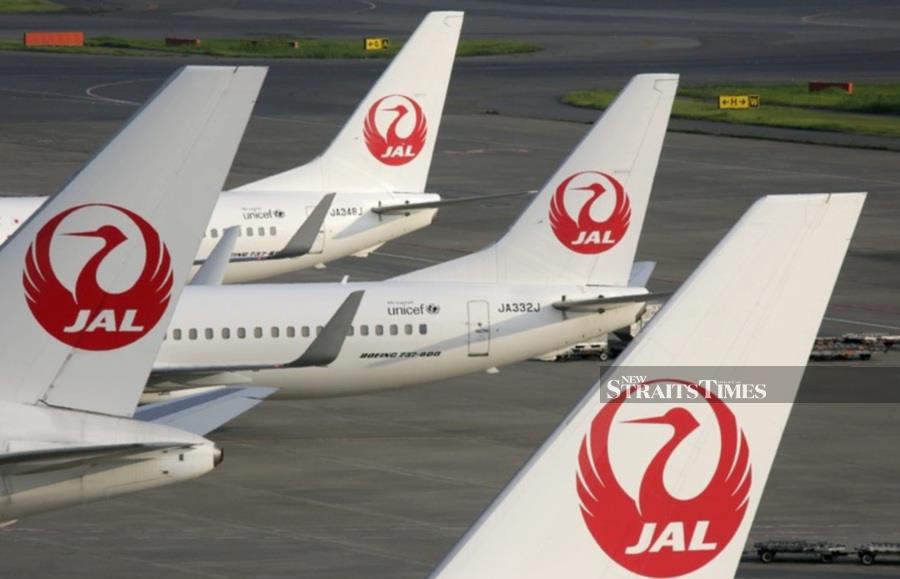JAPANESE airlines are positioning themselves into the low-cost carrier segment to take advantage of the market when the aviation recovers post-pandemic.
With leisure demand expected to recover much faster than business travel, two of Japan's major airlines - ANA Holdings Inc. and Japan Airlines Co - are moving ahead with their low-cost carrier plans.
According to a Kyodo News report, ANA Holdings, the parent company of All Nippon Airways, plans to launch a new LCC brand by March 2023 with flights connecting Japan with Southeast Asia and Oceania.
Meanwhile, JAL said it will make Spring Airlines Japan Co. a consolidated subsidiary in June.
The unit of China's major LCC Spring Airlines Co. will join the JAL group alongside wholly-owned budget airline Zipair Tokyo Inc, which started operations last year.
The two budget carriers reflect JAL's strategic shift away from what used to be seen as the Japanese airline's cautious stance on LCCs.
JAL president Yuji Akasaka said the Covid-19 pandemic was greatly changing air travel demand structure and consumer behaviour.
"We will promote reform to create a sustainable business structure and seriously cultivate the LCC market with growth potential," he said.
The move comes as both carriers continue to record losses and cut costs to stay afloat.
ANA Holdings reported a record net loss of 404.62 billion yen (US$3.7 billion) while JAL posted a smaller net loss of 286.69 billion yen.
Shinya Hanaoka, a professor of aviation policy at the Tokyo Institute of Technology, warned that LCCs may only provide a stopgap solution.
"As a safe business strategy for the immediate future, they apparently choose LCC services. But such LCCs won't be sufficient to become a strong revenue source for the respective groups," Hanaoka said.
Before the pandemic, Japan's air travel demand had been on a rising trend helped by a surge in foreign visitors, mainly from China, South Korea, Taiwan, Hong Kong as well as Southeast Asia.
Industry observers say JAL and ANA were able to coexist with LCCs without either losing a large chunk of business as the market became bigger.
Government data shows that in 2019, LCCs held a 10 per cent share of the market for domestic flights in Japan and about a quarter of that for international flights, according to Japanese government data.
ANA president and CEO Shinya Katanozaka said ANA was becoming "smaller" to overcome the current crisis but will come out of it resilient.
However, industry observers said it is uncertain when the market will recover.
Last year, AirAsia Japan, a unit of Malaysian budget airline AirAsia Group, decided to abolish all its routes, effectively closing down its Japan operations.
As JAL is set to boost its investment in Spring Airlines Japan, major LCCs in Japan will now belong to either the JAL or ANA camp, which also has the budget carrier Peach Aviation Ltd.
The long delay in the Tokyo Olympics and Paralympics has also added to the domestic airlines woes, which have anticipated a windfall from the events.
Japan is still scrambling to control Covid-19 infections with only three months left for the games to begin. The government has also decided that international spectators will not be allowed to attend.
The number of foreign travellers to Japan hit a record 31.88 million in 2019 but plunged to 4.12 million last year.
In 2030, the Japanese government plans to bring the number up to 60 million.
JAL's latest business plan shows Zipair will target Asia, the West Coast of the United States and Hawaii.
Spring Airlines Japan will seek to launch direct flights to major Chinese cities while Jetstar Japan Co, in which Australia's Qantas group has a stake, will mainly focus on domestic flights from Narita airport near Tokyo.





